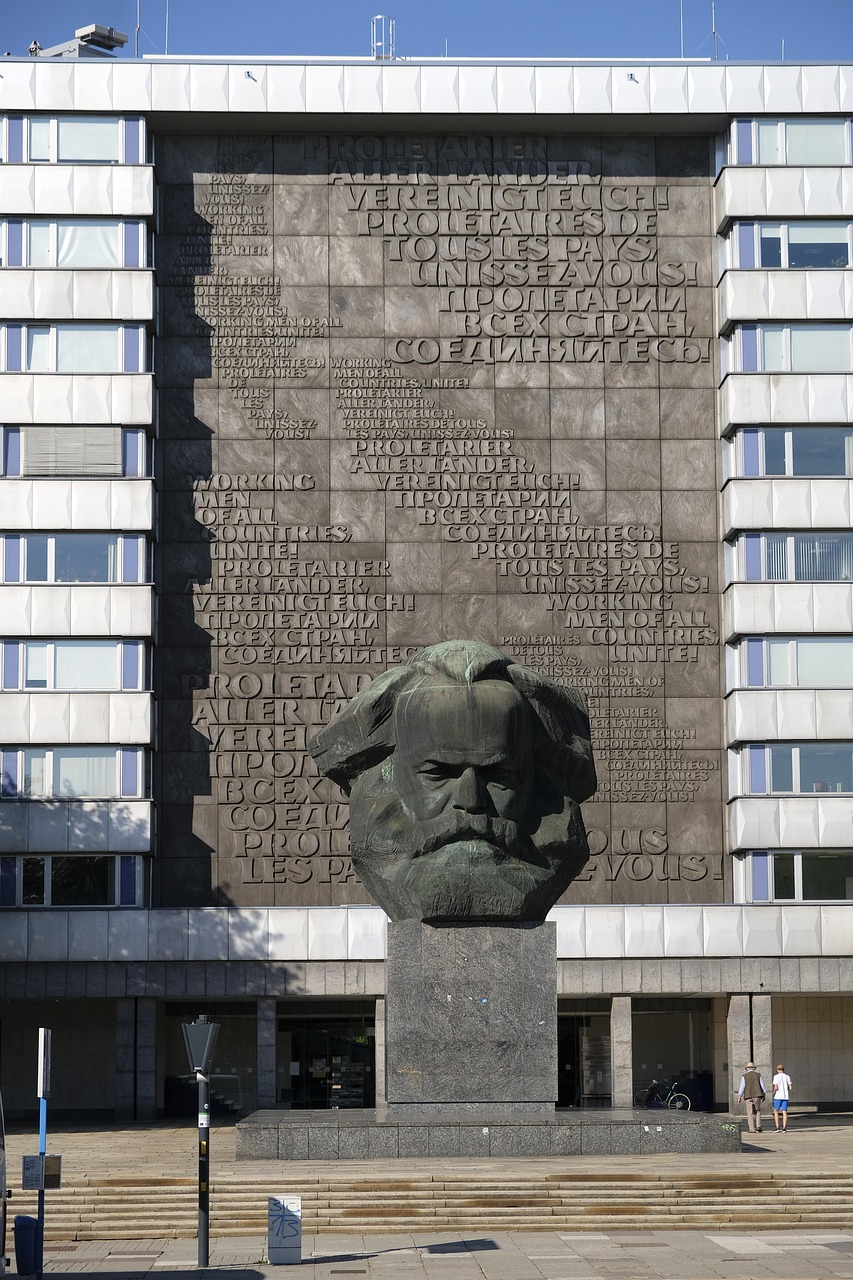 The Trump era already feels like history. Contrary to expectations that he would be one of those figures who never truly go away, public interest in Trump, whether measured in terms of Google searches, media appearances, or media mentions, has already fallen back to where it was before he entered politics.
The Trump era already feels like history. Contrary to expectations that he would be one of those figures who never truly go away, public interest in Trump, whether measured in terms of Google searches, media appearances, or media mentions, has already fallen back to where it was before he entered politics.
Does anyone miss him? I suspect at least two groups of people secretly do. The obvious one is lame comedians. The other one are the people who have spent the last few years peddling conspiracy theories about how the British government was supposedly engaged in dodgy deals with Trump, with the aim of selling off the NHS to US corporations. What are these people going to do now that their story had lost its best villain?
They are obviously not going to conclude their conspiracy theory was baseless, and that they have just talked themselves into a state of hysteria over nothing. Conspiracy theories about secret plans to privatise the NHS predate Trump by decades. They were already doing the rounds when Jimmy Carter was still president of the United States, and Donald Trump was still a young real estate developer. The precise mechanism through which this covert privatisation is supposed to happen keeps changing, but the basic story always remains the same. It is not going to stop now.
In a sense, Trump had come to the rescue at just the right time. The previous incarnation of NHS Privatisation Paranoia, namely, the claim that an obscure clause in the 2012 Health and Social Care Act was going to spell the end of the NHS, was already running out of steam. Then the combination of Brexit, the possibility of a UK-US trade deal, and the election of Trump, created the perfect conditions for seamlessly moving on to a new version of the same old story.
With Trump gone, what is the next version of that never-ending story going to be? It is still early days, but there already is a plausible contender.
We know that the pandemic has created a huge backlog in demand for healthcare, as thousands of operations and other procedures have been postponed. Average waiting times have yet to fall back to their pre-pandemic levels, and those figures do not yet include the people who never managed to get on a waiting list in the first place.
As a result, several people involved in the NHS commissioning process are now trying to cooperate more closely with private healthcare providers, to help clear the backlog. This is, of course, an eminently sensible idea, and it should not take a once-in-a-century pandemic to make that happen. Note, also, that this is not a political decision. It is a decision that comes from within the NHS itself. But of course, some of the usual suspects are already spinning theories about how the government is using the Covid crisis as an excuse to privatise the NHS through the backdoor.
Granted, compared to “They’re selling our NHS to Donald Trump!”, this version of NHS Privatisation Paranoia is fairly lame. It is also very short-termist, because hopefully, Covid and its immediate aftereffects will not be with us for too much longer.
But it might serve as an acceptable gap-filler, before the next big NHS Privatisation Paranoia story comes along.














